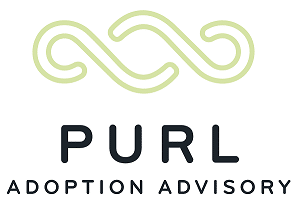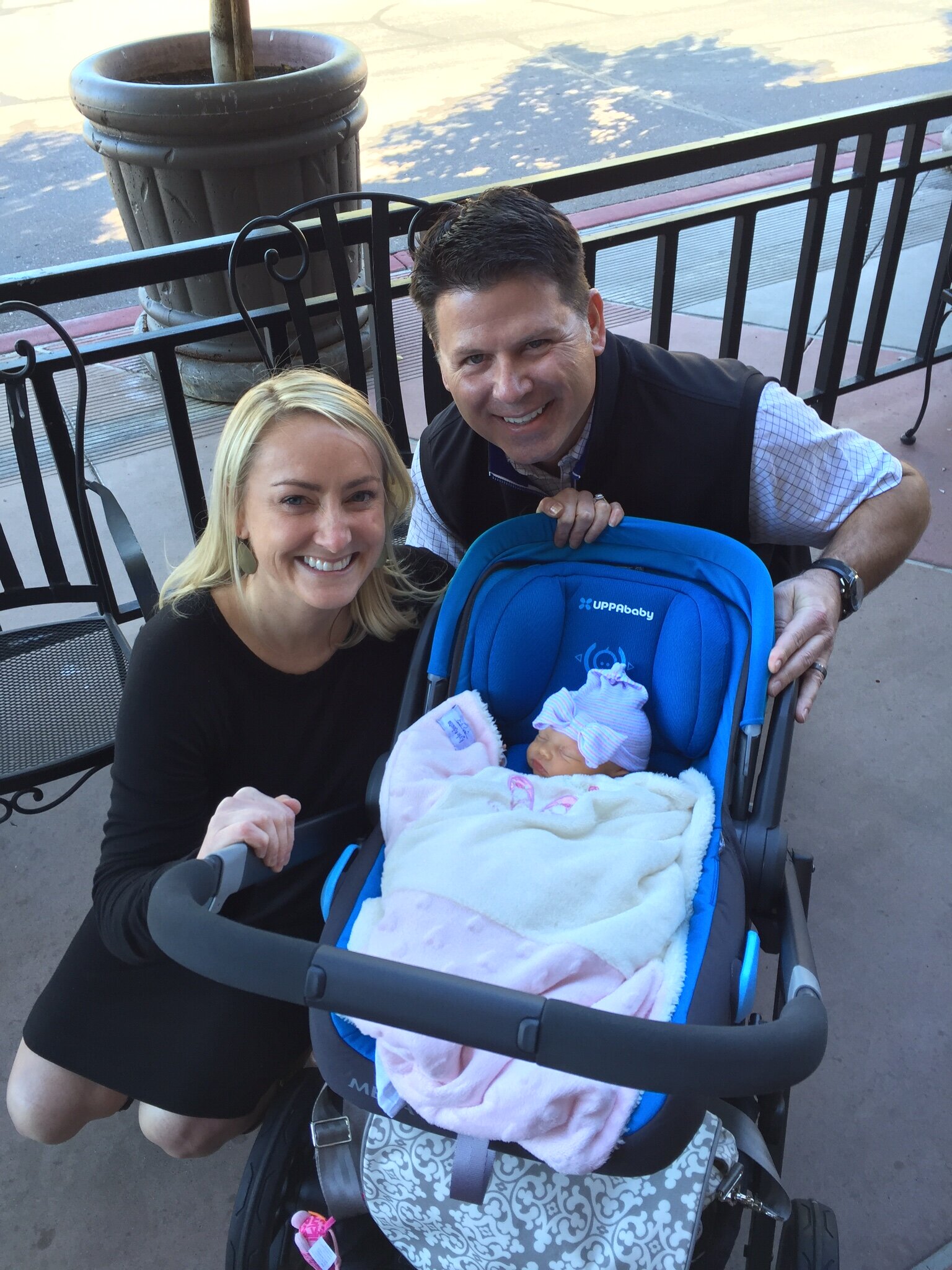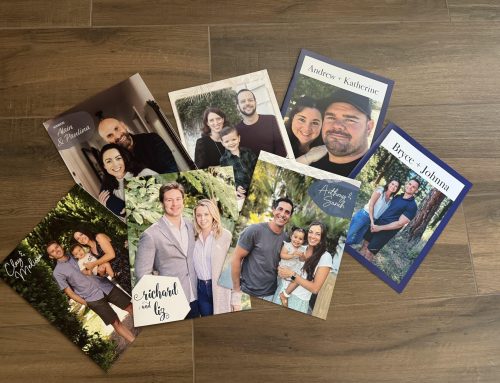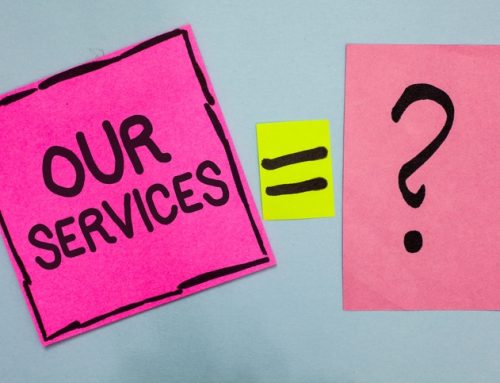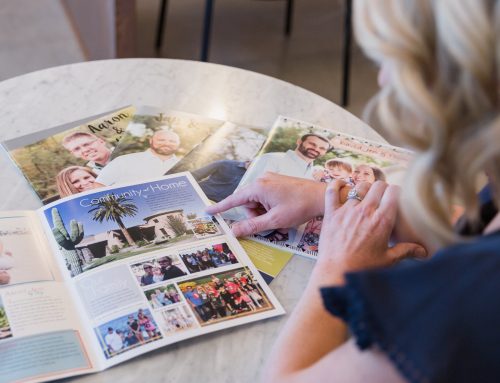
I’m Adopting from Another State, What Should I Expect?
If you are a prospective adoptive parent chosen for a child that is going to be born in a different state than your state of residence, you will need to travel for the birth and stay in that state until you are cleared through the Interstate Compact for the Placement of Children (“ICPC”). ICPC is an agreement enacted by all 50 U.S. states, the District of Columbia and the Virgin Islands and it governs the placement of children from one state into another state. To legally place a child with residents of another state, both the laws of the sending and receiving states must be complied with. Adoptive parents may not travel back to their state of residence with the child they are adopting until they receive ICPC approval from the state the child was born in and their state of residence. The majority of families receive ICPC approval from both states within 7-10 business days of submission of the ICPC documents (typically submitted after consents are signed, but in some states after a child is discharged from the hospital), however the ICPC processing time varies depending on the states involved. Note though that wait times for ICPC seem to have decreased after COVID (likely due to more things being handled electronically), but be aware there can be delays around the holidays if the limited state ICPC staff are out on vacation or otherwise short-staffed.
Accommodations and Travel
Since the ICPC process can be lengthy, families adopting out of state should prepare for a stay in the state the baby is born in, but you can leave the town/city the child is born in and travel anywhere in the state. Many Purl families arrange for stays at Airbnbs or VRBOs, to have access to kitchen and laundry facilities, particularly with a newborn during cold and RSV season. We do usually recommend that families stay in a hotel close to the hospital until the family knows what the situation will be for them at placement (i.e. when baby will be discharged, whether they have a room at the hospital), and then arrange for accommodations with kitchen/laundry once the baby has been discharged and placed in their care. If the baby is expected to be in the NICU for any period of time, ask the placement attorney, agency or hospital social worker about referring you to the Ronald McDonald House or similar accommodations nearest the hospital. Typically you can stay there for a small donation/fee, and this allows you convenience and affordability while your child is in the NICU. Sometimes if they have availability, they will let you stay there a few days after discharge while you await ICPC.
We recommend checking airline transportation on many different carriers and from multiple airports near your destination to find the most reasonable flights, which are often booked at the last minute when you are told the expectant mom has begun labor. We also recommend buying travel insurance or otherwise ensuring that the airline you purchase your tickets through will allow you to change your flights for little or no fees, so you can travel home as quickly as possible once you have cleared ICPC. If purchasing travel insurance, you’ll want to make sure your policy allows you to make a change in circumstances relating to an adoption, or otherwise a “change for no reason”.
What to Pack?
We typically recommend that you do not purchase a lot of baby items before you leave your home to take with you. Instead, we recommend you wait to purchase minimal items at home (like the carseat), but purchase the essentials in the town you are traveling to, especially if you’ll have access to a Walmart, Target or Buy Buy Baby or you’re able to order through Amazon Prime (pretty much a must for every parent)! You’d be surprised at how few items you really need in this newborn stage besides a safe sleep location (pack n’ play or bassinet), some baby clothes, swaddles, a boppy, burp cloths, pacifiers and bottles. Many times the hospital will send you home with a lot of formula and diapers and even some of the other items above, but you may have to purchase more if you have a long stay.

I’m Adopting from Another State, What Should I Expect?
If you are a prospective adoptive parent chosen for a child that is going to be born in a different state than your state of residence, you will need to travel for the birth and stay in that state until you are cleared through the Interstate Compact for the Placement of Children (“ICPC”). ICPC is an agreement enacted by all 50 U.S. states, the District of Columbia and the Virgin Islands and it governs the placement of children from one state into another state. To legally place a child with residents of another state, both the laws of the sending and receiving states must be complied with. Adoptive parents may not travel back to their state of residence with the child they are adopting until they receive ICPC approval from the state the child was born in and their state of residence. The majority of families receive ICPC approval from both states within 7-10 business days of submission of the ICPC documents (typically submitted after consents are signed, but in some states after a child is discharged from the hospital), however the ICPC processing time varies depending on the states involved. Note though that wait times for ICPC seem to have decreased after COVID (likely due to more things being handled electronically), but be aware there can be delays around the holidays if the limited state ICPC staff are out on vacation or otherwise short-staffed.
Accommodations and Travel
Since the ICPC process can be lengthy, families adopting out of state should prepare for a stay in the state the baby is born in, but you can leave the town/city the child is born in and travel anywhere in the state. Many Purl families arrange for stays at Airbnbs or VRBOs, to have access to kitchen and laundry facilities, particularly with a newborn during cold and RSV season. We do usually recommend that families stay in a hotel close to the hospital until the family knows what the situation will be for them at placement (i.e. when baby will be discharged, whether they have a room at the hospital), and then arrange for accommodations with kitchen/laundry once the baby has been discharged and placed in their care. If the baby is expected to be in the NICU for any period of time, ask the placement attorney, agency or hospital social worker about referring you to the Ronald McDonald House or similar accommodations nearest the hospital. Typically you can stay there for a small donation/fee, and this allows you convenience and affordability while your child is in the NICU. Sometimes if they have availability, they will let you stay there a few days after discharge while you await ICPC.
We recommend checking airline transportation on many different carriers and from multiple airports near your destination to find the most reasonable flights, which are often booked at the last minute when you are told the expectant mom has begun labor. We also recommend buying travel insurance or otherwise ensuring that the airline you purchase your tickets through will allow you to change your flights for little or no fees, so you can travel home as quickly as possible once you have cleared ICPC. If purchasing travel insurance, you’ll want to make sure your policy allows you to make a change in circumstances relating to an adoption, or otherwise a “change for no reason”.
What to Pack?
We typically recommend that you do not purchase a lot of baby items before you leave your home to take with you. Instead, we recommend you wait to purchase minimal items at home (like the carseat), but purchase the essentials in the town you are traveling to, especially if you’ll have access to a Walmart, Target or Buy Buy Baby or you’re able to order through Amazon Prime (pretty much a must for every parent)! You’d be surprised at how few items you really need in this newborn stage besides a safe sleep location (pack n’ play or bassinet), some baby clothes, swaddles, a boppy, burp cloths, pacifiers and bottles. Many times the hospital will send you home with a lot of formula and diapers and even some of the other items above, but you may have to purchase more if you have a long stay.
